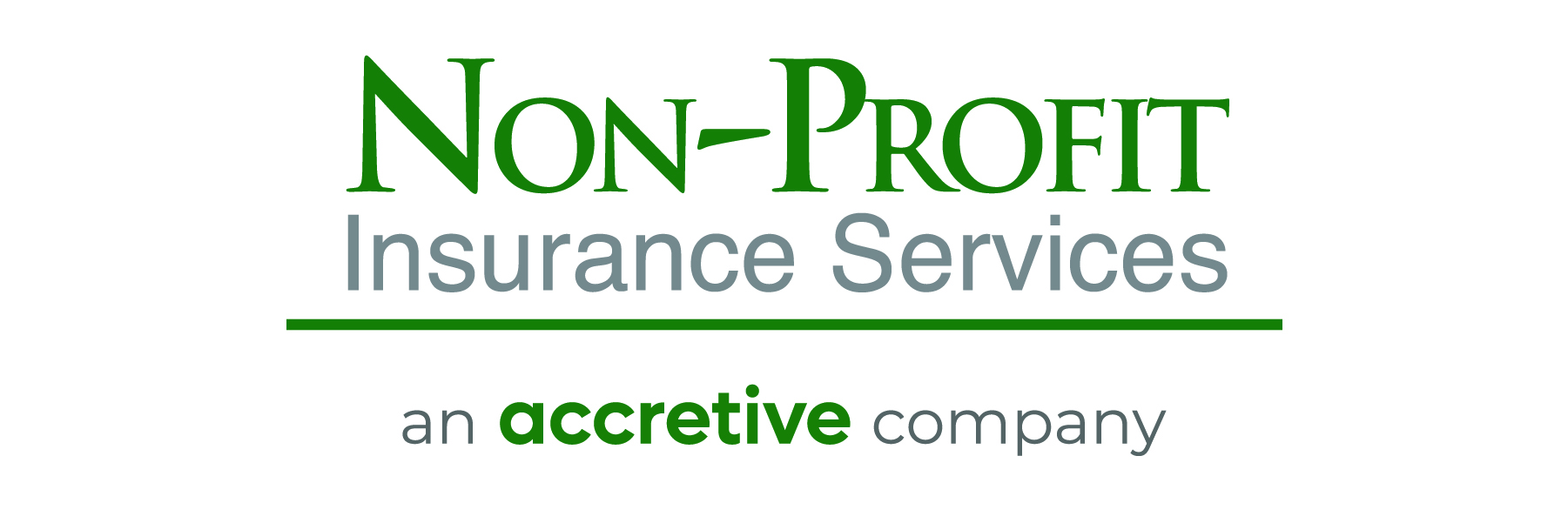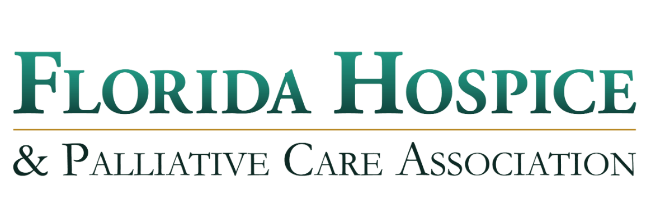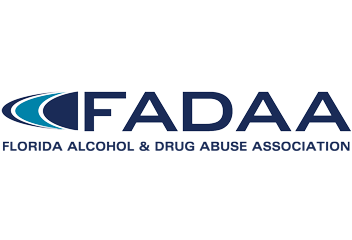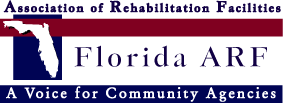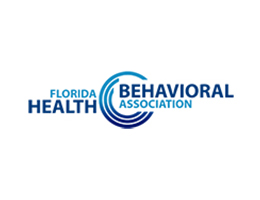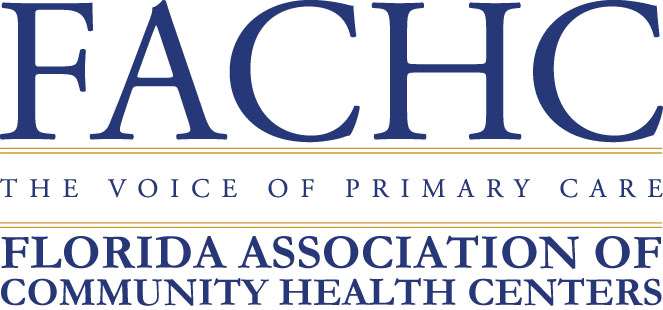As a nonprofit leader, you have more on your plate than ever before. Promoting your organization’s mission, securing donors, prospecting for new donors, and growing the influence of your organization leave little time for ensuring that critical business tasks are complete. An NPO, like any other business, must perform numerous regular tasks to ensure compliance with both state and federal regulations. Annual filings, keeping records, reporting, addressing tax and employment issues require careful management. Here are ten best practices for staying on top of these tasks, including tips for strengthening your management practices before problems arise.
-
Confirm that required annual filings have been made.
Your state requires annual filings from your organization to maintain “Good Standing”. You also must file annually with the IRS to maintain your tax-exemption. Ensure that these documents are filed correctly and on time. Pay attention to any additional requirements your organization may have, especially if you are incorporating for the first time or your mission has changed or evolved.
-
Review of articles of incorporation and review of bylaws.
The articles of incorporation and bylaws that you produced and filed when your NPO launched shouldn’t be placed in a file and forgotten. It is essential for a nonprofit leader to review these regularly, making sure that the operations of the NPO align with these governing documents, such as the appropriate number of Board of Directors positions have been elected and filled.
-
Review corporate meeting records.
Like any business, efficient and comprehensive record-keeping is essential for NPOs. Keep records of minutes and related documents from annual meetings, as well as any other meetings your organization conducts throughout the year. This documentation supports the actions taken by the Board of Directors to fulfill the mission of the organization.
-
Mission conform and comply.
You were passionate and thoughtful when you launched your NPO and constructed your organization’s mission statement. Now that your work has begun, your annual filings must be consistent with that mission statement and any mission actions that were initially stated in IRS or state filings. Your mission, vision, and values in practice should reflect the commitments you made to the IRS and in your governing documents. Any changes should be reported and updates to your documents should be made.
-
State boundaries.
With the influence and reach of crowdfunding, social media and email marketing, NPOs often find that they are serving out-of-state constituents or soliciting donations across state borders. “Cross-state service” may require additional agency filings, and these filings will also be critical to your ability to solicit out-of-state contributions in the future.
-
Review IRS 990 forms.
Your NPO grows and evolves. The required Form 990, 990-PF or 990-EZ you file with the IRS provides the public with program and financial information about your organization and is often the only public source of such information. Check for accuracy on this form, ensuring that current Board of Director members are listed correctly, that general information about your NPO is right, and that your service area is described accurately. Ensure that any required state filings also contain the most current information about your organization.
-
GuideStar review check.
The widely-used online resource GuideStar (www.guidestar.org) informs donors about the charities and issues they wish to support and helps funders locate potential grantees. You may also use the site to benchmark your organization against your peers. To maximize your use of this resource to inform your decision-making, increase your ability to make connections and learn from others, make sure that all of the information on the site regarding your organization is correct and frequently updated.
-
COI Policy – Conflict of Interest.
Conflict of Interest policies are designed to help directors, officers and employees of your NPO identify situations that present (or may present) conflicts of interest. The policy should also assign responsibility for resolving any actual or potential conflicts. Make sure your policy is in place and that each member of your Board of Directors and all key staff sign the policy each year.
-
Donation acknowledgment.
Patrons of your organization making tax-deductible donations expect a donor “receipt,” often called an acknowledgment letter. Whether the receipts you issue are in letter, email or postcard form, review the process for confirming and documenting donations on an ongoing basis. Consider your receipt process, making sure you include key information: your tax-exempt statement; your EIN; the names of your organization and donor; the date of the contribution; contribution details (i.e., cash or non-cash); and the value of any goods or services made to the donor (such as a fundraiser’s dinner or small token gift).
-
Employee matters.
Review all employee compensation and policies on an ongoing basis for reasonableness and compliance with current laws. As long as your organization demonstrates that enterprises in the same position as yours would similarly value roles within the organization, the IRS will view your compensation structure as reasonable. Employee matter review should include benefits and insurance, policy standards, and any relevant training and certification updates.
Putting it all together
Keep three hard copies of all important documents: one at the organization’s principal office, one with a trusted advisor, and one offsite. You can also keep electronic files for these and other documents. Consider tracking adoption, review dates and updates to important documents, as well as an annual action list for the Board of Directors. If you follow these recommendations, your organization will be well on its way to the efficient and effective management of the regular tasks NPOs are required to complete – enabling you to make more time for the outstanding work that achieving your mission requires.
Author: Laura A. Lo Bianco
Source: Nonprofit Information
